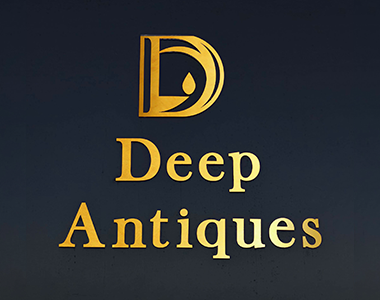Indian Museum Act
Museum Law
Museum law refers to the legal framework and regulations that govern the operation, management, and activities of museums. It encompasses a wide range of topics, including the ownership and acquisition of artifacts, cultural heritage protection, museum governance, intellectual property, and the rights of visitors and staff. Here are some key areas of museum law:
Cultural Property and Artifacts: Museum law often involves the acquisition, repatriation, and deaccession of cultural property. Many countries have laws protecting cultural heritage and regulating the trade in antiquities. For example, museums must comply with laws such as the UNESCO Convention on the means of prohibiting and preventing the illicit import, export, and transfer of ownership of cultural property.
Intellectual Property: Museums must navigate issues related to copyright, trademark, and other intellectual property rights. This includes the reproduction of images of artworks, the use of museum collections in exhibitions or publications, and the protection of digital content.
Acquisition and Deaccessioning: Museums must follow legal and ethical guidelines when acquiring and deaccessioning (removing) items from their collections. This often includes adhering to specific procedures and ensuring that acquisitions are not sourced illegally or unethically.
Public and Private Funding: Many museums rely on public and private funding, which is governed by laws relating to non-profit organizations, government grants, and tax exemptions. There are also laws regulating the terms of donations and endowments to museums.
Visitor Rights and Liability: Museums must ensure they comply with health and safety regulations and manage visitor rights and liabilities. This includes ensuring that exhibitions are accessible, managing risks in public spaces, and dealing with issues such as photography or recording restrictions.
Museum Governance and Employment Law: Museum staff are subject to general employment laws, but museums often have additional governance structures, with boards of trustees and specific policies around the management of collections, exhibitions, and staff rights.
Repatriation of Artifacts: A significant issue in museum law today concerns the return of cultural property to its country of origin. This has been a central issue in the field of cultural heritage law, especially regarding artifacts removed from indigenous communities or colonized nations.


